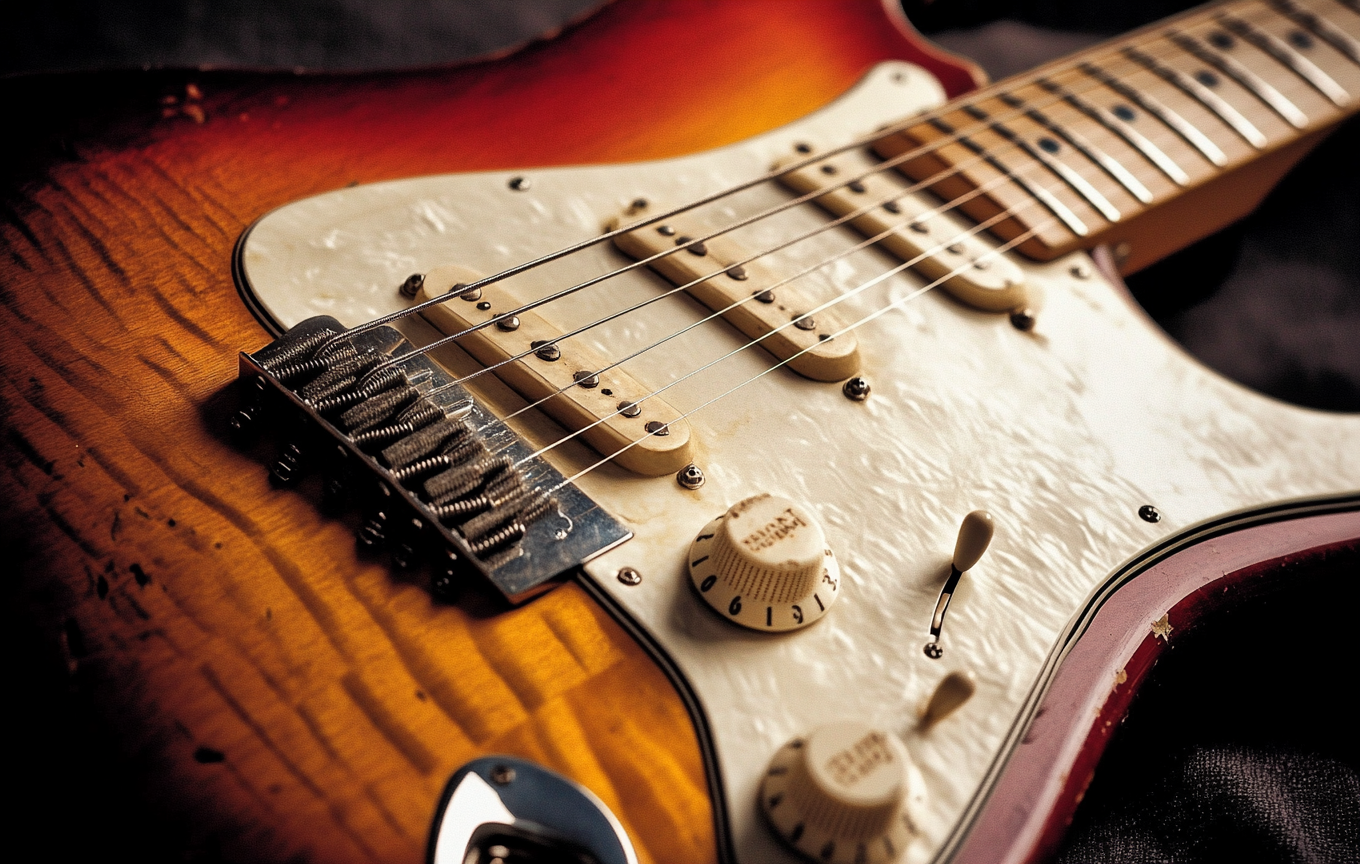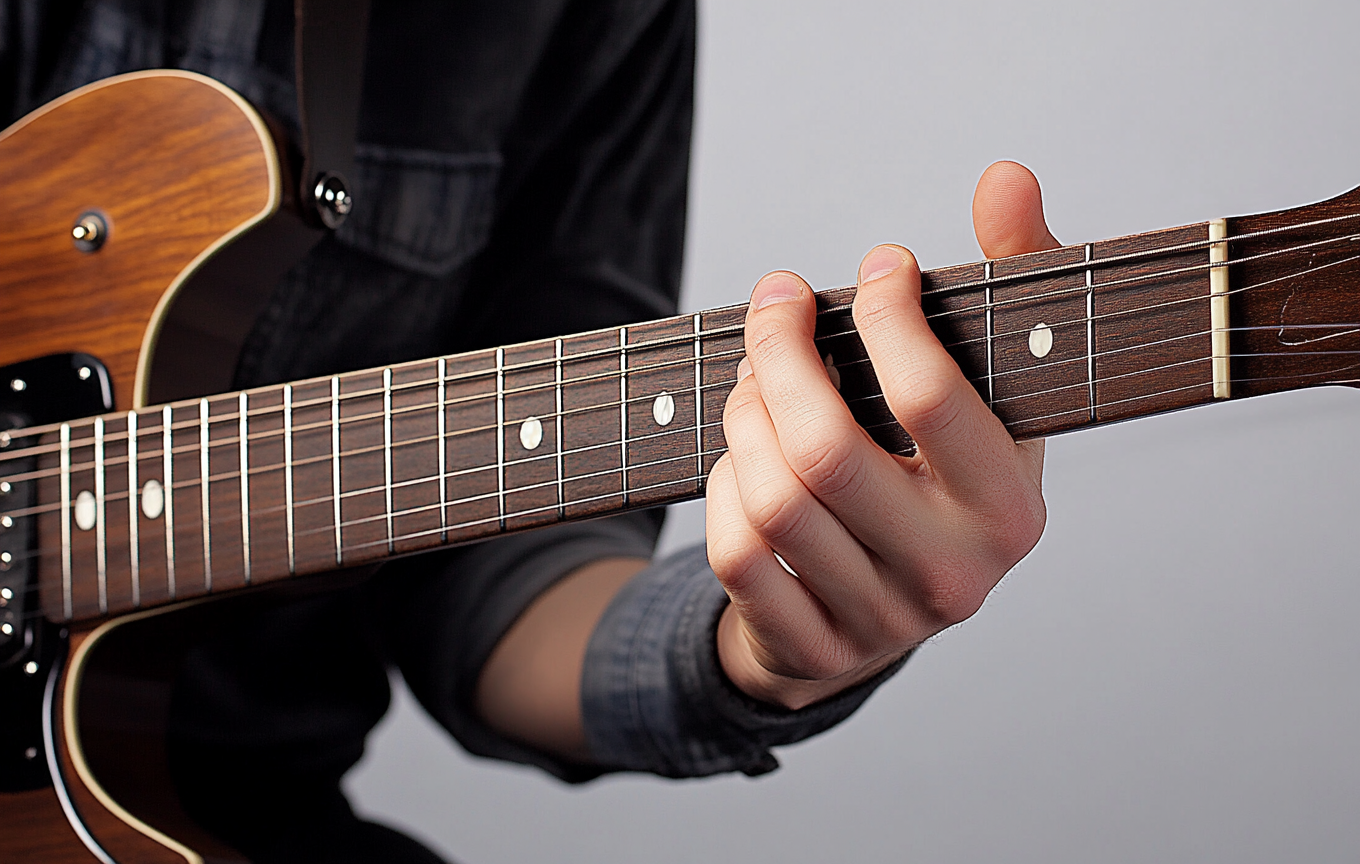Guitar Tuner vs. App: Which One Should You Choose?
Tuning your guitar is an essential part of playing it. Without proper tuning, your guitar will sound off-key and out of tune, making it difficult to play along with other musicians or to create a pleasant listening experience. There are two main options for tuning your guitar: using a dedicated guitar tuner or a guitar tuner app. So physical guitar tuner vs. tuning app, which is better? In this article, we will compare the pros and cons of each option to help you decide which one is right for you.
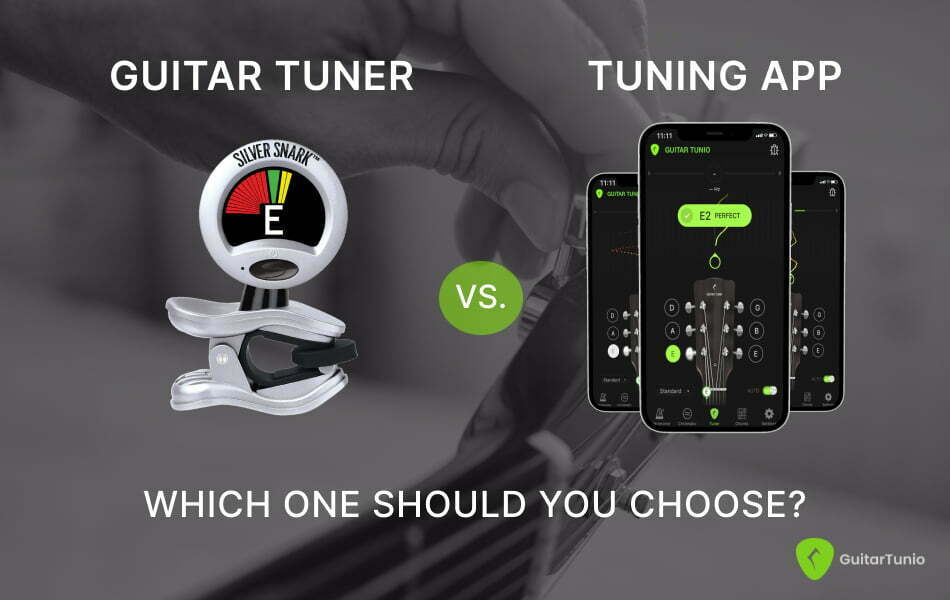
Guitar Tuner
A dedicated guitar tuner is a device designed specifically for tuning guitars. They come in a variety of shapes and sizes, including clip-on tuners that attach to the headstock of your guitar, pedal tuners that sit on the floor and can be used with other instruments, and handheld tuners. They are often very accurate and reliable, and some models can tune multiple strings at once.
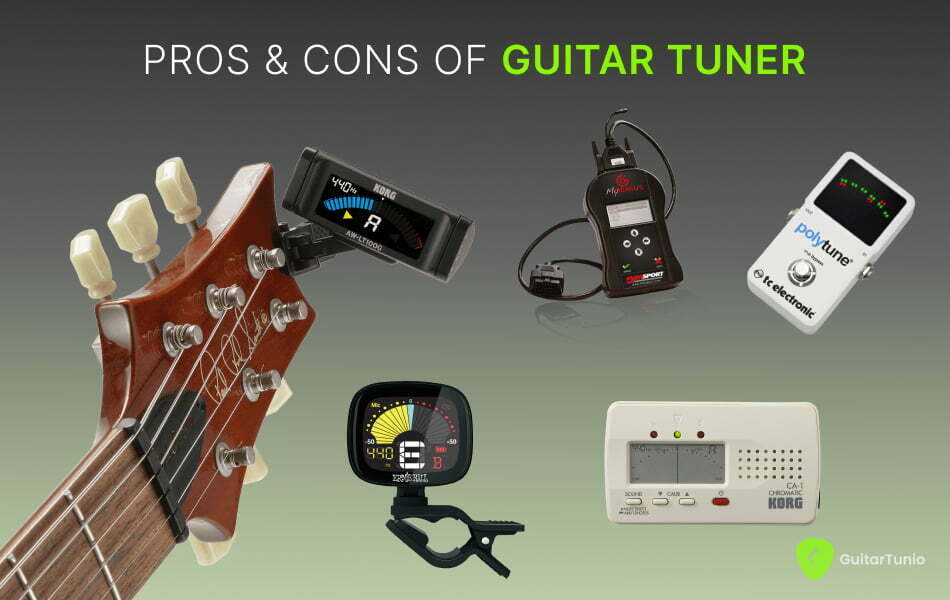
Pros:
- Accurate and reliable: Dedicated guitar tuners are specifically designed for tuning guitars and are often more accurate and reliable than other methods.
- Convenient: Tuners are always available and don't require you to unlock your phone or switch between apps.
- Easy to use: Most guitar tuners have a simple interface that makes tuning your guitar easy and quick.
Cons:
- Cost: Electric or digital guitar tuners can be more expensive than guitar tuning apps.
- Limited functionality: Physical guitar tuners are designed specifically for tuning guitars and may not offer additional features or functionality.
Guitar Tuner App
A guitar tuner app is a software application you can download to your smartphone or tablet. They are often free or cost a small fee, making them a more affordable option than physical guitar tuners. They can offer additional features, such as different tuning modes and customizable settings.
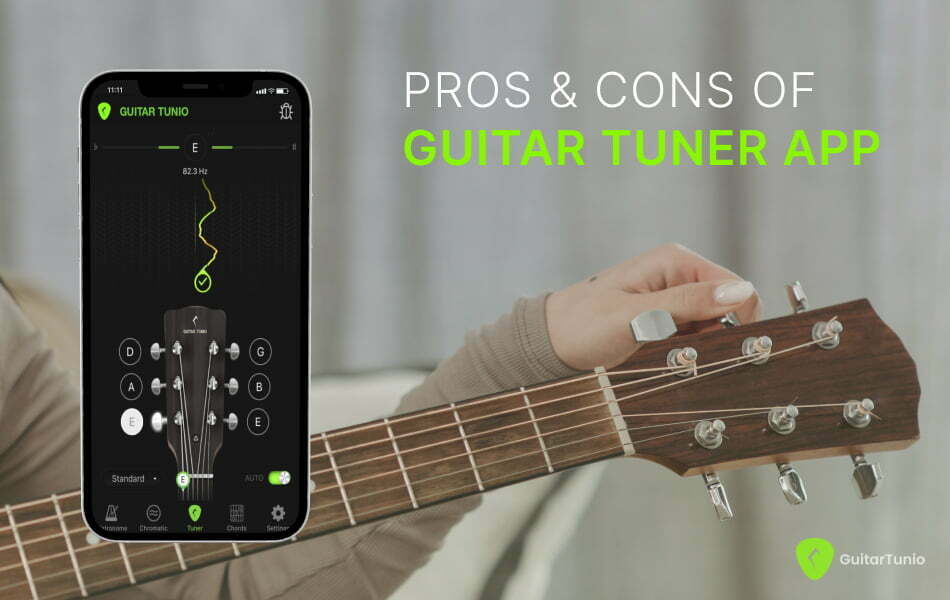
Pros:
- Portable: You can carry a guitar tuner app with you wherever you go, making it a convenient option.
- Cost: Many guitar tuner apps are free or cost a small fee, making them a more affordable option.
- Additional features: Guitar tuner apps can offer additional features and functionality, such as different tuning modes and customizable settings.
Cons:
- Accuracy: Not all guitar tuner apps are accurate, and some may not work well in noisy environments.
- Battery life: Using a guitar tuner app can drain your phone's battery quickly.
- User interface: Guitar tuner apps can have a more complicated user interface than dedicated guitar tuners, which can make them more difficult to use.
If you are looking for an accurate and reliable guitar tuning app, you can refer to our Guitar Tunio app. The app uses a combination of a world-class sound recognition algorithm and noise cancellation technology to produce accurate tuning results not inferior to any expensive physical tuners. It also works well with almost common string instruments such as guitar, bass, ukulele, violin, cello, banjo, etc., and provides a set of over 200 alternate tunings. In addition, many other useful features are built into the app including a chromatic tuner, metronome, and chord library for guitar and ukulele. The top-quality guitar tuner app is available and can be downloaded for free for both Android and iOS smartphones. Check out the links below to find out more about it.
For Android: https://play.google.com/store/apps/details?id=com.appsnemo.guitartunerpro
For iOS: https://apps.apple.com/vn/app/guitartunio-guitar-tuner/id1448661287
Conclusion
Both dedicated guitar tuners and guitar tuner apps have their pros and cons, and ultimately the choice depends on your personal preferences and needs as a musician. If you value accuracy and reliability and don't mind spending a little extra money, a dedicated guitar tuner may be the best option for you. If you want a more affordable and portable option with additional features, a guitar tuner app may be the way to go. Whatever you choose, make sure to tune your guitar regularly to ensure that you're getting the best sound possible.




